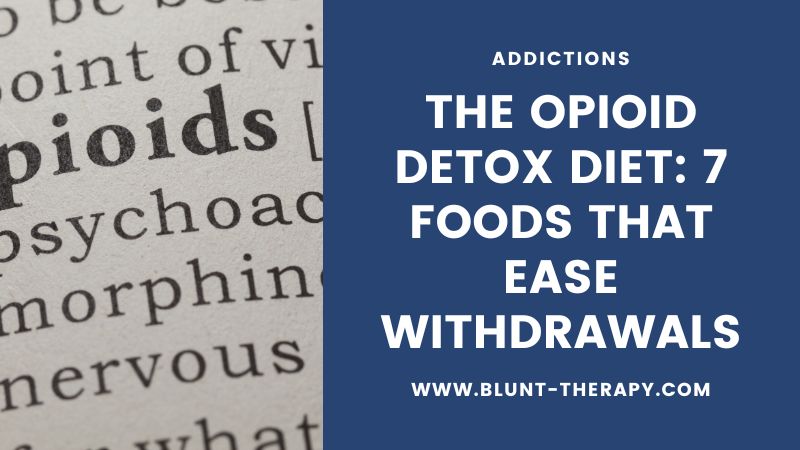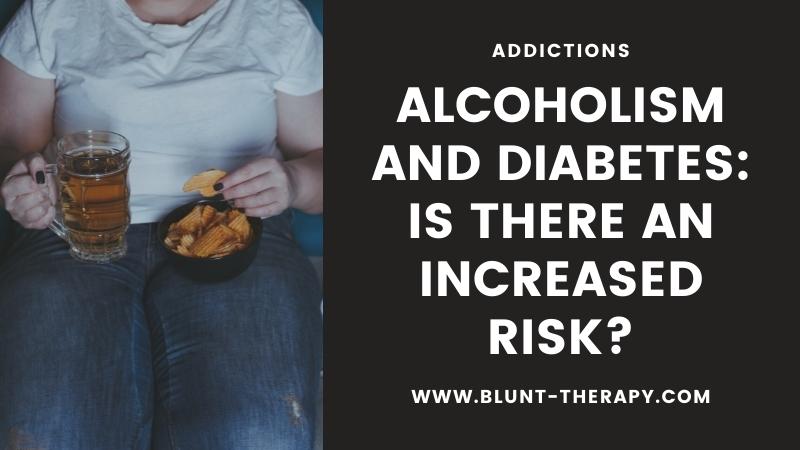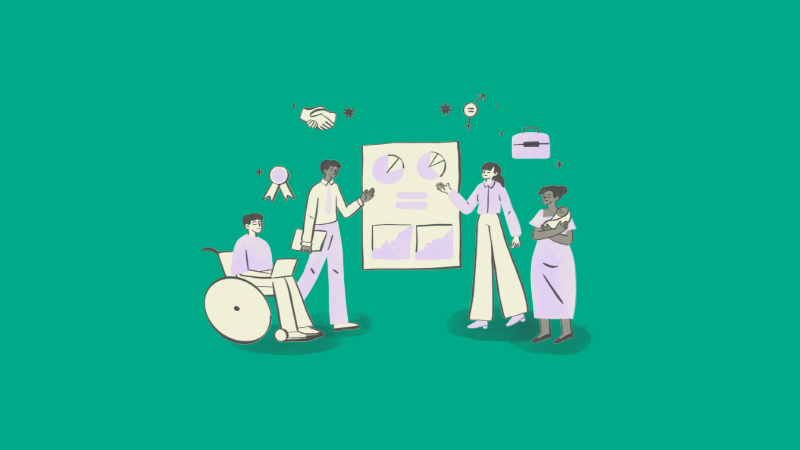Table of Contents
Affiliate link notice: As an affiliate of BetterHelp and other third-party vendors, We will receive compensation if you make a purchase using the links provided on this page. For more information, visit our disclosure page.
Last Updated on April 16, 2023 by Randy Withers, LCMHC
Substance abuse recovery is a delicate process. The body is undergoing significant changes and needs time to adjust. Some of these changes lead to unpleasant symptoms that, when not managed, can lead to a relapse. That’s why it is critical to have the help of an expert during this time.
One of the more dominant symptoms is sleep disruption. While insomnia in addiction recovery is fairly common, it is nonetheless an obstacle that needs to be overcome as you develop an effective relapse prevention plan.
In this post, we’ll discuss the causes of insomnia, give expert tips, and provide resources you need to get a good night’s sleep. Some of these tips might even surprise you. For example, we’ll talk about the benefits of pets in recovery and how your fury friend can help you sleep better. You will also learn to set up your sleeping environment for success and find food and drinks that promote quality sleep.
What Is Insomnia?
Most people think of insomnia as the inability to fall asleep, but it’s more than that. People with insomnia have difficulty staying asleep or wake up too early and can’t get back to sleep. It leads to fatigue during the day, as well as concentration, mood, and memory problems.
Insomnia can be short-term (acute) or long-term (chronic). Acute insomnia goes away after a few days or weeks. It’s due to stress, travel, or changes in your schedule. Chronic insomnia lasts for a month or more and is caused by severe stress, anxiety, depression, poor sleep habits, physical discomfort, and some medications. It leads to daytime fatigue, depression, and trouble concentrating or making decisions.

What Causes Insomnia in Addiction Recovery?
As earlier stated, the body undergoes many changes during substance abuse recovery. Some of these changes can lead to insomnia, such as:
Changes In Sleep Patterns
When you’re addicted to substances, your body gets used to a particular sleep schedule. You find yourself sleeping only when you’re under the influence or awake for long periods when you’re not using. As your body detoxes and readjusts, it takes time to ease withdrawal insomnia and get back to a regular sleep cycle.
Anxiety and Stress
Anxiety and stress are common during recovery as you deal with sobriety’s physical and emotional changes. These can make it difficult to fall asleep or stay asleep throughout the night. Your brain is on high alert, making it hard to relax. The withdrawal symptoms are uncomfortable, and you may worry about relapse.
Depression
Depression is common in people with substance abuse disorders and can worsen during early recovery. It makes it hard to fall asleep or stay asleep at night. Depression may also cause you to wake up earlier than usual and not be able to get back to sleep.
Poor Sleep Habits
Your previous substance abuse may have led to poor sleep habits, such as using drugs or alcohol to fall asleep, sleeping during the day, or staying up all night. These habits are hard to break, worsening insomnia.
Physical Discomfort
Withdrawal symptoms, such as shaking, sweating, and nausea, make it hard to sleep. You may also have trouble sleeping if you’re in pain from an injury or illness which occurred under or due to the influence of drugs.
How To Deal With Insomnia in Addiction Recovery
Insomnia worsens the symptoms of withdrawal and makes early recovery more complex. Medicating yourself with drugs or alcohol to sleep is not an option. What can you do?
Inform Your Doctor
If you’re in an addiction treatment program, inform your doctor or therapist about insomnia. They may be able to adjust your medications or help you find other ways to deal with your symptoms.
If you are not in a program, reach out to your personal physician. They are able to prescribe sleep medications or refer you to a sleep specialist if its needed.
Get a Pet
A pet is a friend who will never judge you and is always happy to see you. They help relieve anxiety, lower blood pressure, and relieve feelings of loneliness, all of which can trigger insomnia.
A dog is a great option, but almost any pet will do. You’ll feel more relaxed and may even find yourself sleeping better.
Create a Schedule (and stick to it)
One of the best things you can do for yourself is to go to bed and wake up at the same time every day. Your body gets used to a sleep schedule, making falling and staying asleep easier. Avoid napping during the day as it makes it harder to sleep at night.
Avoid Caffeine and Alcohol
Avoid caffeine and alcohol as they worsen insomnia. Caffeine is a stimulant, so it makes it hard to fall asleep. It’s also a diuretic, making you wake up often at night to use the restroom. Alcohol may help you fall asleep, but you’ll wake up a few hours later as it wears off. You will then have a hard time getting back to sleep.
Alcohol causes all sorts of problems, but should definitely be avoided by anyone in recovery.
Exercise Regularly
Exercise releases endorphins, which have mood-boosting and pain-relieving effects. Exercise also helps you sleep better at night. Avoid working out close to bedtime as it can make it hard to fall asleep. Work out in the morning hours or early afternoon.
Workouts also keep you busy and your thoughts occupied, so you’re less likely to dwell on things that keep you up at night. You also don’t think about the substance much when you’re busy living your life.
Eat Healthy Foods
Eating healthy foods helps your body function properly, including promoting better sleep. Avoid sugary and fatty foods as they make you feel sluggish. Instead, focus on eating fruits, vegetables, whole grains, and lean protein. Drink lots of water to stay hydrated, but avoid doing it close to bedtime as you’ll have to use the restroom at night.
Create a Relaxing Environment
A relaxing atmosphere promotes a better night’s sleep. Keep the noise levels down, lights off, and temperature cool. Use a humidifier to keep the air moist; dry air can make it harder to sleep. Reserve your bed for sleep to create a positive association between the two activities.
Additionally, avoid using electronics such as your phone, watching TV, or working on the computer in bed. The blue light from the screens makes it harder to fall asleep.
Practice Relaxation Techniques
Relaxation techniques are excellent for promoting better sleep and managing stress. Try deep breathing exercises, progressive muscle relaxation, or meditation. You can also try guided relaxation with an audio recording or by following along with a book. Besides this, journaling can also be beneficial. It allows you to vent out all your bottled-up emotions on paper, freeing your mind and restoring peace.
Wind Down Before Bedtime
An hour or two before bedtime, start winding down for the night. Take a bath, read a book, or do something calming. It gives your body time to relax so you can sleep when you get into bed. Avoid heavy meals and exercise close to bedtime as they can make it hard to sleep.
Final Thoughts
Talk to your doctor or therapist if you’re still struggling to sleep. They may recommend medication or other treatment options. However, your sleep should improve as your body starts to heal and you get used to sobriety. You’ll realize that a good night’s sleep is one of the many benefits of recovery.









